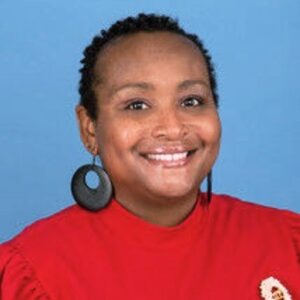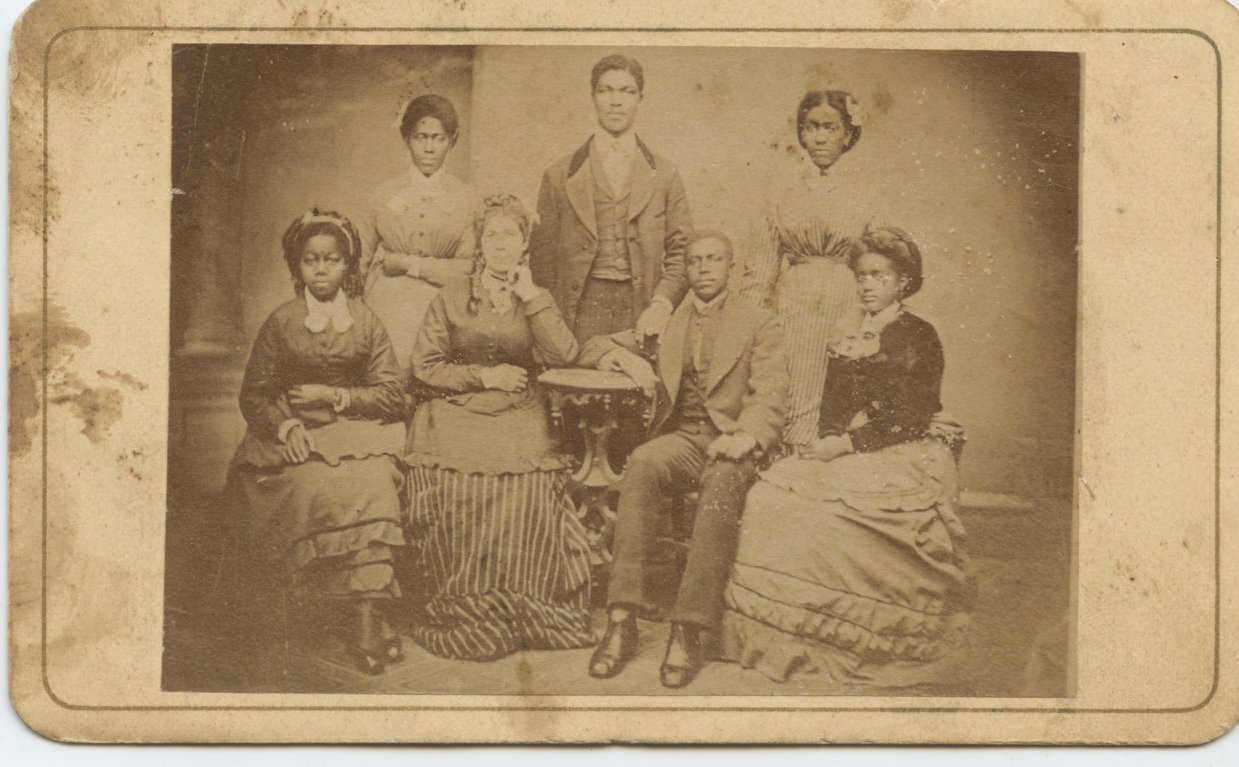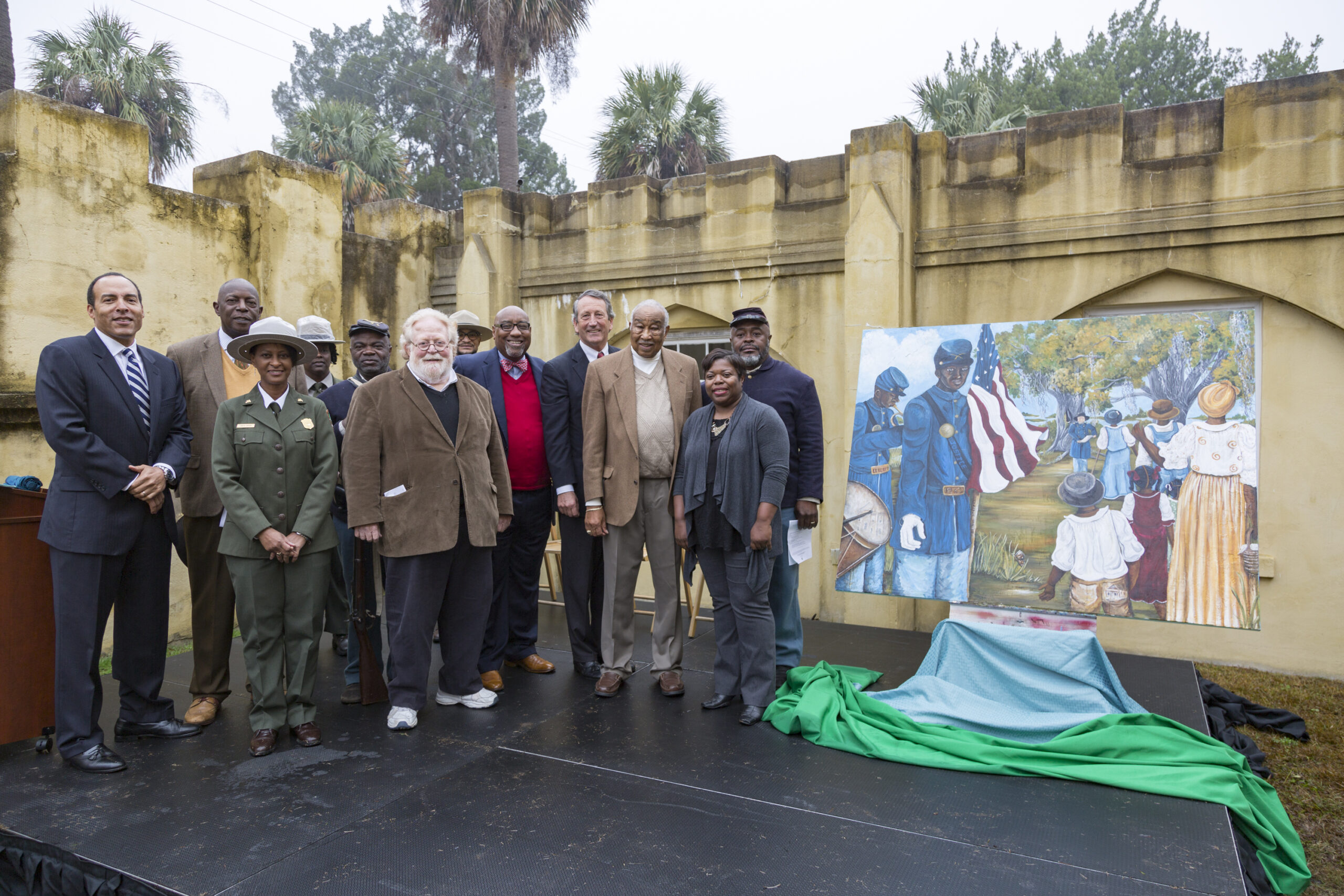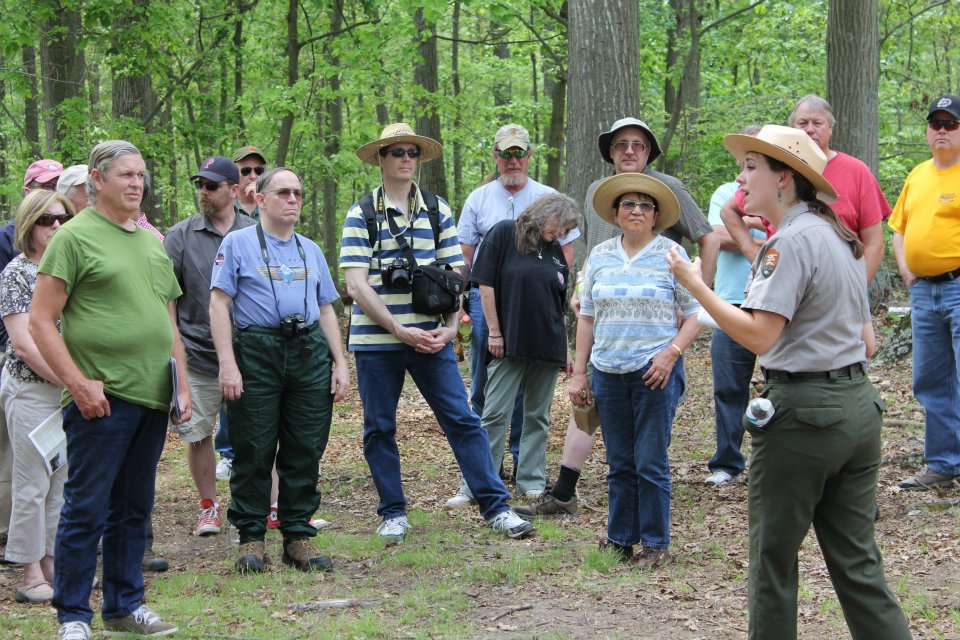Le’Trice Donaldson is an assistant professor at Auburn University. She lives in Columbus, GA, and has been a member since 2019.

Le’Trice Donaldson
Social Media: www.letricedonaldson.com; @eboninerd (X)
Alma maters: BA (history), University of Tennessee-Knoxville, 2003; MA (history), UTK, 2006; PhD (African American History), University of Memphis, 2015.
Fields of interest: Black military studies, gender, Caribbean and Latin America, intelligence, Black Atlantic world, digital humanities
Describe your career path. What led you to where you are today?
I have always been a student of history, but it wasn’t until I worked as Dr. Cynthia Fleming’s research assistant for the Ronald McNair Summer Research Institute that I knew I wanted to be professional historian and professor. During my graduate school journey at the University of Tennessee-Knoxville is where I first read Fighting for American Manhood by Kristin Hoganson that inspired me to explore the intersections of race, citizenship, and gender through the lens of the African American soldier. After publishing Duty Beyond the Battlefield, I wanted to curate and expand the conversations and narratives surrounding the Black military experience. This is why I started a book series with University of Virginia Press, The Black Soldier in War and Society: New Narratives and Critical Perspectives. My career path has been driven by a passion to uncover and amplify the narratives of African American soldiers, not just as participants in wars, but as political and social leaders who reshaped concepts of citizenship and masculinity in the face of systemic oppression. I founded the Society for Black Military Studies to build a bridge between scholars of the Black military experience from across a wide spectrum of disciplines and the soldiers and veterans who don’t often interact with academics.
How have your historical interests evolved across your career?
My historical interests have evolved into me exploring all aspects of the military experience including rethinking how we view women as soldiers beyond the traditional sense. I am also looking for ways to incorporate new technology such as virtual reality and gaming into my scholarship. I identify myself as being more so a Black Military Studies scholar.
What projects are you currently working on?
I am currently working on two book manuscripts. The first is a biography of Eugene Bullard, the first African American fighter pilot. This biography places Bullard’s life and legacy within the Black internationalism. This will be published by Air University Press. My second manuscript book project will be coauthored by Dr. george white jr. (York College-CUNY) it is entitled Race Prophets: A History of Black Army Chaplains. There isn’t a true definitive history of America’s Black chaplains and they played such a pivotal role in helping to shape the role of the chaplain.
What is your favorite historical site to visit?
My favorite historical site right now is Le Château du Clos Lucé in Amboise, France. I only visited it once, but it is still one of the most peaceful places I’ve ever visited.
What’s the most fascinating thing you’ve ever found at the archives or while doing research?
In the papers of L.D. Reddick, I came across and interview he did with a Black WAC soldier in 1947 which described witnessing one of her fellow WACs essentially transition into being intersex. It was a truly fascinating story and one I’d never come across in all my research.
Who in your life served as a teacher or mentor and influenced your understanding of history?
Dr. george white jr. He is my coauthor, series co-editor, and has been essentially my academic father. I was his student at the University of Tennessee and he hasn’t been able to get rid of me.
What do you value most about the history discipline and community?
I love being a part of scholars who are seekers of knowledge and truth. We are a community committed to exploration and storytelling. We protect and preserve the past for the ones yet to come.
Do you have a favorite experience with the AHA?
I do. It was the 2018 conference in Chicago. It was my first AHA annual meeting, and I had my first job interview in the pit. It was such an educational and fun experience to meet all the new scholars and job seeks.
If you have served on the AHA Council, a committee, or an AHR advisory board, what has been your favorite part of that experience?
I served on the Wesley-Logan book prize committee for three years and I loved it! I am a bibliophile, so my favorite part was getting and reading all the books. I loved reading all the new exciting and groundbreaking scholarship.
AHA members are involved in all fields of history, with wide-ranging specializations, interests, and areas of employment. To recognize our talented and eclectic membership, Perspectives Daily features a regular AHA Member Spotlight series.
This work is licensed under a Creative Commons Attribution-NonCommercial-NoDerivatives 4.0 International License. Attribution must provide author name, article title, Perspectives on History, date of publication, and a link to this page. This license applies only to the article, not to text or images used here by permission.


